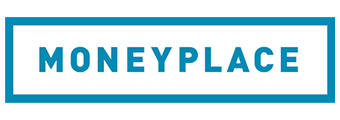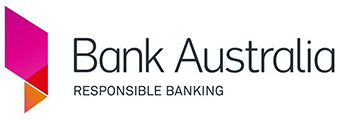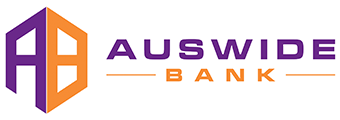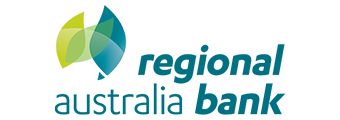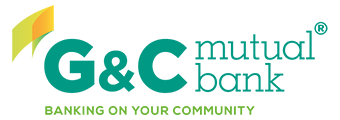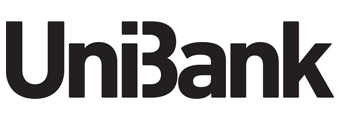Fact Checked
| Lender | Car Loan | Interest Rate | Comparison Rate* | Monthly Repayment | Interest Type | Vehicle Type | Maximum Vehicle Age | Ongoing Fee | Upfront Fee | Total Repayment | Early Repayment | Instant Approval | Online Application | Tags | Features | Link | Compare | Promoted Product | Disclosure |
|---|---|---|---|---|---|---|---|---|---|---|---|---|---|---|---|---|---|---|---|
6.28% p.a. | 6.28% p.a. | $584 | Fixed | Used | No Max | $0 | $0 | $35,034 |
| Promoted | Disclosure | ||||||||
6.52% p.a. | 6.95% p.a. | $587 | Fixed | New, Used | No Max | $0 | $350 | $35,236 |
| Promoted | Disclosure | ||||||||
6.89% p.a. | 8.02% p.a. | $592 | Variable | Used | No Max | $8 | $400 | $35,549 |
| Disclosure | |||||||||
5.80% p.a. | 6.23% p.a. | $577 | Fixed | New, Used | No Max | $0 | $0 | $34,632 | |||||||||||
6.29% p.a. | 7.71% p.a. | $584 | Fixed | New, Used | No Max | $15 | $250 | $35,042 | |||||||||||
6.69% p.a. | 6.86% p.a. | $590 | Fixed | New, Used | No Max | $0 | $120 | $35,379 | |||||||||||
7.29% p.a. | 8.42% p.a. | $598 | Fixed | Used | No Max | $8 | $400 | $35,889 | |||||||||||
7.39% p.a. | 8.19% p.a. | $600 | Fixed | New, Used | No Max | $7.5 | $195 | $35,974 | |||||||||||
7.49% p.a. | 7.90% p.a. | $601 | Fixed | New, Used | No Max | $0 | $295 | $36,060 | |||||||||||
7.89% p.a. | 8.60% p.a. | $607 | Fixed | Used | No Max | $0 | $499 | $36,403 | |||||||||||
8.95% p.a. | 9.16% p.a. | $622 | Fixed | Used | No Max | $0 | $150 | $37,321 | |||||||||||
9.19% p.a. | 9.83% p.a. | $626 | Fixed | Used | No Max | $9.9 | $249 | $37,531 | |||||||||||
9.49% p.a. | 10.93% p.a. | $630 | Fixed | New, Used | No Max | $13 | $395 | $37,795 | |||||||||||
12.49% p.a. | 13.61% p.a. | $675 | Fixed | Used | No Max | $8 | $400 | $40,487 |
Important Information and Comparison Rate Warning
Important Information and Comparison Rate Warning




